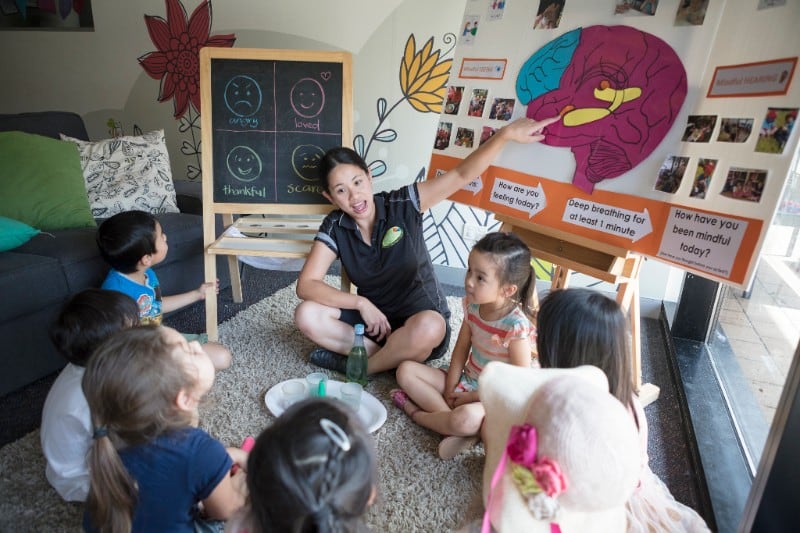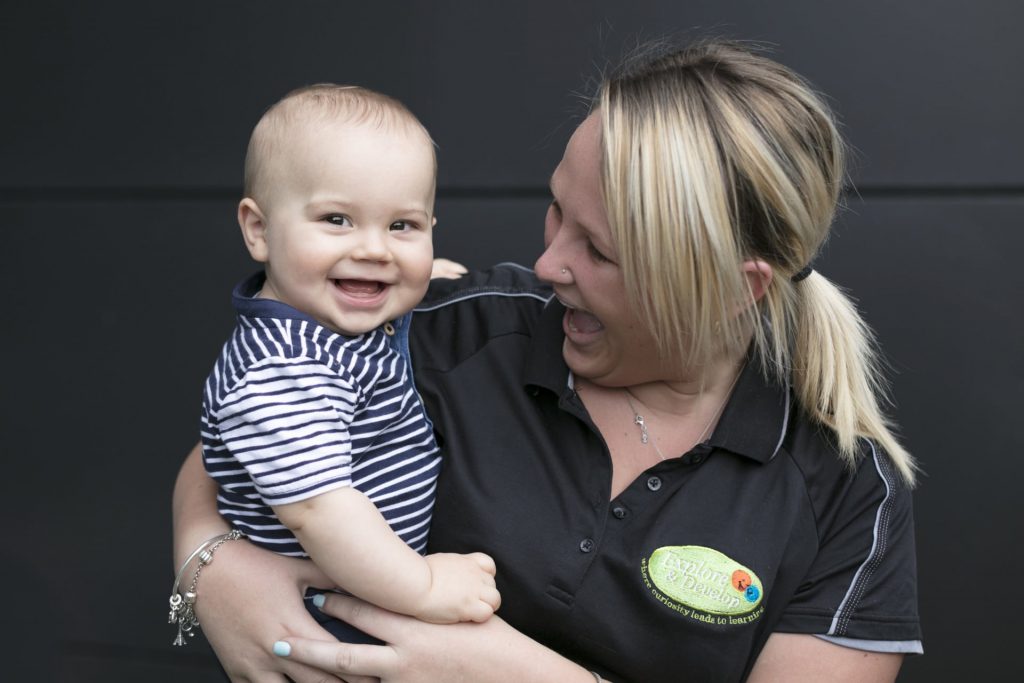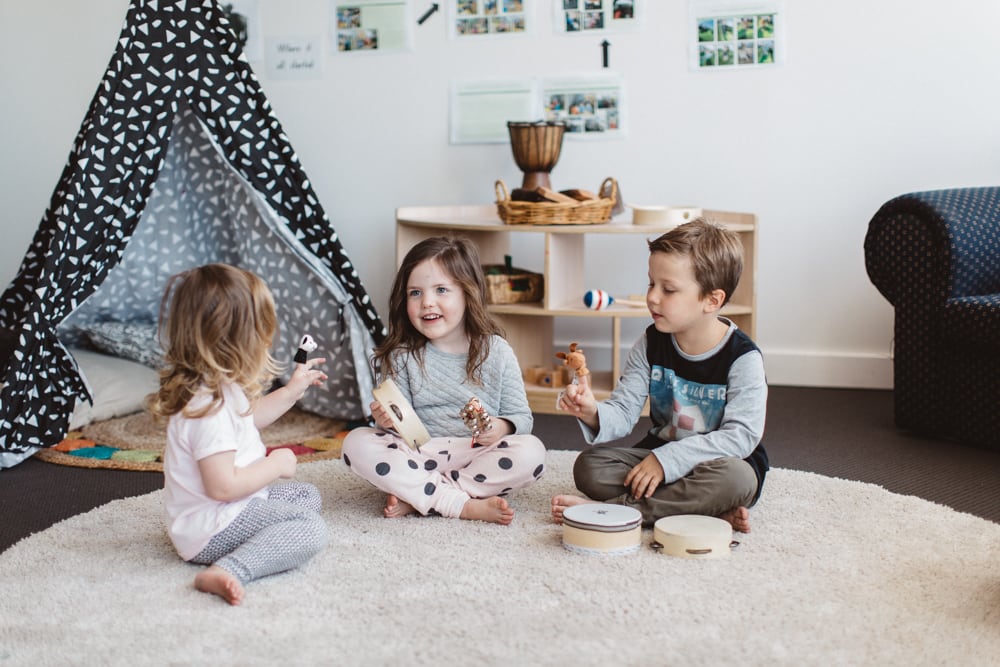
How ideal would it be to live in a world free from bullying, peer pressure, disease, death, poverty, crime, divorce/separation and war. Unfortunately, shielding children from adversity is purely impossible, yet, as parents, it is a natural behaviour to want to protect them.
Although “the cotton wool” approach sounds ideal, it may prevent our children from being exposed to challenges or learn to cope with tough situations. Change is an everyday part of life, and how children cope with change is an integral part of the adults role.
According to Dr Justin Coulson, resilience is ‘raising kids who’ll bounce back from adversity and challenging times’. It is not just about surviving these tough times; it’s about achieving positive outcomes from adverse situation. Resilient children are able to continue to thrive and develop, in spite of any setbacks they may face.
It is therefore important that we raise children to copy and deal with the bumps and bruises they will face in everyday life. According to Lynn Lyon (2013), “When they step into a situation, [resilient kids] have a sense they can figure out what they need to do and can handle what is thrown at them with a sense of confidence.” Lyons believes that resilience isn’t a birthright, it is taught, and she strongly encourages parents to equip their children with the skills to handle the unexpected.


According to Kenneth R Ginsburg (2015), we need to help children build the seven crucial c’s- confidence, competence, connection, character, contribution, coping, and control- which are needed to bounce back from life’s challenges, and navigate the world ahead.
1. Competence- Children need support to know that the choices they make matter. We need to give children the opportunities to develop the competence to make decisions for themselves and recover if they fall. Parents can help develop competence by:
2. Confidence- Notice and praise when they are doing things well. Children need to believe in their own abilities. Parents can help develop self-confidence by:
3. Connection- Children need to be able to do what’s right, whether somebody is watching or not. Parents can help develop connection by:
4. Character- children need support to know that they can try different things in life, because they are encouraged unconditionally. Parents can help develop character by:
5. Contribution- When children hear the “thank you’s” and acknowledgment for their contributions, both inside and outside the family, it will increase their willingness to take actions and make choices that improve the world around them. Parents can help develop their contribution skills by:
6. Coping- Children need learning mechanisms and/or new social skills to manage their stress. When children have a wide range of coping skills, they are able to cope more effectively and are better equipped to deal with life’s challenges or unexpected changes. Parents can help develop their coping skills by:
7. Control- Allow children the opportunity to ask for help, without any judgement., We need to support children that they control the outcomes of their decisions and actions. Parents can guide how to control by:


It is important that children have the skills to be able to control their responses to what happens to them, as a result of their actions. This will help them to develop the strength to overcome the challenges and change that is placed in front of them in everyday situations. Let your children make mistakes – this is how they learn and grow!
It is just as important that you do not continually provide them with solutions, but allow them the time and opportunity to figure out their own solutions. According to Lyons, whenever we try to provide solutions and answers, we are getting in the way of children being able to develop their own problem-solving and mastery.”
So the good news is, resilience can be fostered. By applying some of the above strategies with our children, we hope to build the foundations for children to move forward.
Building Resilience in Children – 20 Practical, Powerful Strategies Backed by Science.
Coulson, Dr J. 2017. 9 Ways to a resilient child. HarperCollins Publishers, Australia
Coulson, Dr J. 2012. What Your Child Needs From You; Creating a connected family. ACER Press, Australia
Dent, M. 2016. Building Children’s Resilience, One building block at a time. Pennington Publications, Australia.
Ginsburg. Kenneth R. 2015. Building Resilience in Children and Teens: Giving Kids Roots and Wings- 3rd revised edition
Hawton, M; 2013. Talk less listen more; Solutions for children’s difficult behaviour. Jane Curry Publishing, Australia
Siegel. J. Daniel; 2012. The Whole-Brain Child; 12 revolutionary strategies to nurture your child’s developing mind. Scribe Publications, Australia
Siegel. J. Daniel MD; Hartzell, M Med; 2014. Parenting from the inside out; how a deeper self-understanding can help you raise children who thrive. Scribe Publications, Australia
Wilson, R & Lyons, L; 2013. Anxious Kids, Anxious Parents: 7 Ways to Stop the Worry Cycle and Raise Courageous and Independent Children
Author: Karen Neal, Explore & Develop Penrith South